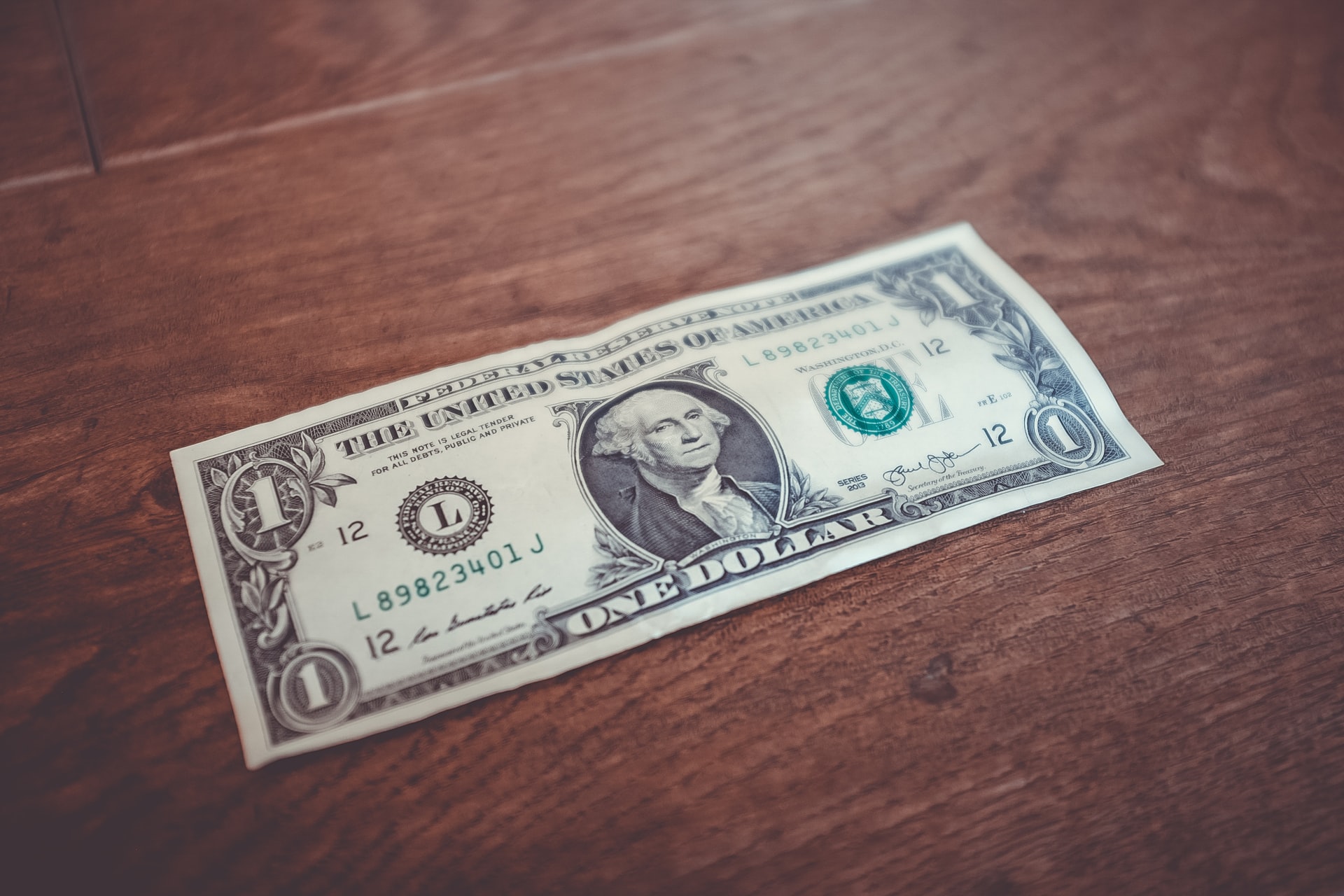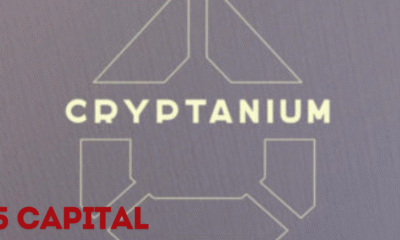Finance
What is Bankruptcy And What Are Alternatives?

Bankruptcy is a form of debt relief, whether it may be filing a Chapter 7 liquidation bankruptcy or going through a 3 to 5 year Chapter 13 repayment plan. You may be in a spot where you are considering filing bankruptcy or trying to understand tips for helping a client who is dealing with bankruptcy. Bankruptcy can be a complex topic, so here is what we will go through in this article:
- What is Bankruptcy?
- Pros and Cons to Bankruptcy
- Alternatives to Bankruptcy
What is Bankruptcy?
There are multiple types of bankruptcy but the two most common consumer bankruptcies are Chapter 7 and Chapter 13 bankruptcy. Chapter 7 bankruptcy is known as the liquidation bankruptcy, as you are wiping most all of unsecured debts and unprotected assets. Chapter 13 bankruptcy is known as the wage earners bankruptcy, as you generally file a Chapter 13 bankruptcy if you are either above the median income guideline to qualify for Chapter 7 or you are hoping to protect a high value asset.
Chapter 7 Bankruptcy
The cost to file bankruptcy depends on the filing fee and the attorney fee. Filing a Chapter 7 bankruptcy can take up to around 120 days until being discharged. It generally will cost between $300 – $350 for the filing fee, and then the attorney fee. Depending on where you live, you may see the attorney fee to range from $600 – $1,800.
Protecting Your Assets in Chapter 7 Bankruptcy
As stated earlier, you can lose your unprotected assets in a Chapter 7 bankruptcy. In most states, there are state-specific bankruptcy exemptions that allow you to protect a certain amount of equity for each of your assets. If your state does not have it’s own bankruptcy exemption, you may be able to use the federal bankruptcy exemptions instead.
When it comes to protecting your home, you will want to take a look at your state’s bankruptcy homestead exemption to see if you may be able to protect your home in a Chapter 7 bankruptcy.
Qualifying for Chapter 7 Bankruptcy
When it comes to filing for Chapter 7 bankruptcy, you need to qualify. In order to qualify you need to pass the Chapter 7 bankruptcy means test. To pass the means test, you must be below the median income guideline. The median income guideline is based on:
- Household Size
- State of Residence
- Annual Gross Household Income
Chapter 13 Bankruptcy
Filing a Chapter 13 bankruptcy can take 3 – 5 years. The general gauge for how long your payment plan may be is based on being under the median income guideline for Chapter 7. Chapter 13 can be a good option for individuals that are looking to file bankruptcy but are unable to protect their home in a Chapter 7.
Chapter 13 Plan Payment
Regardless of if you are in a 3 or 5 year plan for Chapter 13 plan, the monthly plan payment can consist of:
- Attorney Fee
- Administration Fee
- Trustee Fee
- Mortgage
- Auto Loan
- Secured Loan
- Disposable Income
If you find that the estimated Chapter 13 plan payment is quite high due to your monthly disposable, it may be of your interest to look into the alternatives to bankruptcy.
Alternatives to Bankruptcy
Fortunately, there are many alternatives to bankruptcy. You may be considering the alternatives to bankruptcy due to a high Chapter 13 plan payment, worried about credit score impact, or don’t want bankruptcy on your credit report. Regardless of the reason, here are some of the main alternatives to bankruptcy:
- Debt Settlement
- Debt Management
- Debt Consolidation
Debt Settlement
Settling the debt is a time consuming process that could potentially offer you significant savings compared to a Chapter 13 plan payment. Debt settlement is the process of negotiating the total amount of debt you owe down and paying off the new amounts over an agreed time period.
Debt Settlement vs. Chapter 13 Bankruptcy
One topic I get asked to explain a lot is Debt Settlement vs Bankruptcy. While I wish there was a cookie cutter answer to one being the best over the other, there isn’t. However, there are factors to consider that may help you figure out the best choice:
- Disposable Income in Chapter 13 Plan Payment
- Total Amount of Equity in Home Over the Homestead Exemption Limit
- Time Length of Each Plan
Pros and Cons Comparison of Debt Settlement of Chapter 13 Bankruptcy
| Debt Settlement | Chapter 13 Bankruptcy | ||
| Pro | Con | Pro | Con |
| Potential Significant Savings Compared to Chapter 13 | Medium – High Credit Score Impact | Legal Protection Against Creditors | High Credit Score Impact |
| Term Period Range: 6 – 60 months | Chance for Lawsuit | Catch Up on Arrears | 36 – 60 month Plan Payment |
| Resolve Account without Bankruptcy on Report | Remains on Credit Report for 7 Years | ||
Debt Management
Similar to debt settlement, debt management is the process of negotiating with the creditors to bring down the interest rate. Sometimes the total amount owed isn’t the issue, but rather the high interest rates on the debt itself. This can be a useful debt relief process to help get you out from underneath the debt.
Debt Consolidation Loan
If you owe quite a few different creditors and are hoping to consolidate them into one payment plan, a consolidation loan may be a good option. A consolidation loan is the process of taking a loan out to consolidate all your debts into a single payment plan rather than paying all of the creditors different amounts.
Debt Payoff Planning
Debt payoff planning has been made popular by Dave Ramsey’s baby steps. Dave Ramsey, a personal finance guru, uses the baby steps to help you eliminate debt via debt payoff planning. Dave Ramsey prefers the snowball approach to eliminate debt. You may consider both the debt avalanche and debt savvy method as well.
Conclusion
Whether you are currently paying off your debt but it is becoming difficult to pay, or have fallen behind on the debts, there are options out there. The two most common consumer bankruptcy types are Chapter 7 and Chapter 13 bankruptcy. If you are unsure if bankruptcy is the best option for you, take a look at the alternatives to bankruptcy.
-

 Press Release7 days ago
Press Release7 days agoCV5 Capital Announces Standout Performance of Cryptanium Fund I SP, Beating Industry Benchmarks
-

 Business4 days ago
Business4 days agoS&P 500 Soars in Best May in Decades Amid Tariff Relief and Nvidia’s Surge
-

 Government7 days ago
Government7 days agoExperts Warn of U.S. Slide Towards Authoritarianism Under Trump Administration
-

 Healthcare5 days ago
Healthcare5 days agoAttention Economy Arms Race: Reclaim Your Focus in a World Designed to Distract You
-

 Immigration4 days ago
Immigration4 days agoTrump’s Immigration Crackdown: Legal Battles and Policy Shifts
-

 Business4 days ago
Business4 days agoUS Stock Market Soars in May Amidst Tariff Tensions and Inflation Worries
-

 Government4 days ago
Government4 days agoTrump Administration’s Government Reshaping Efforts Face Criticism and Legal Battles
-

 Business4 days ago
Business4 days agoTrump’s Tariffs: A Global Economic Reckoning


























